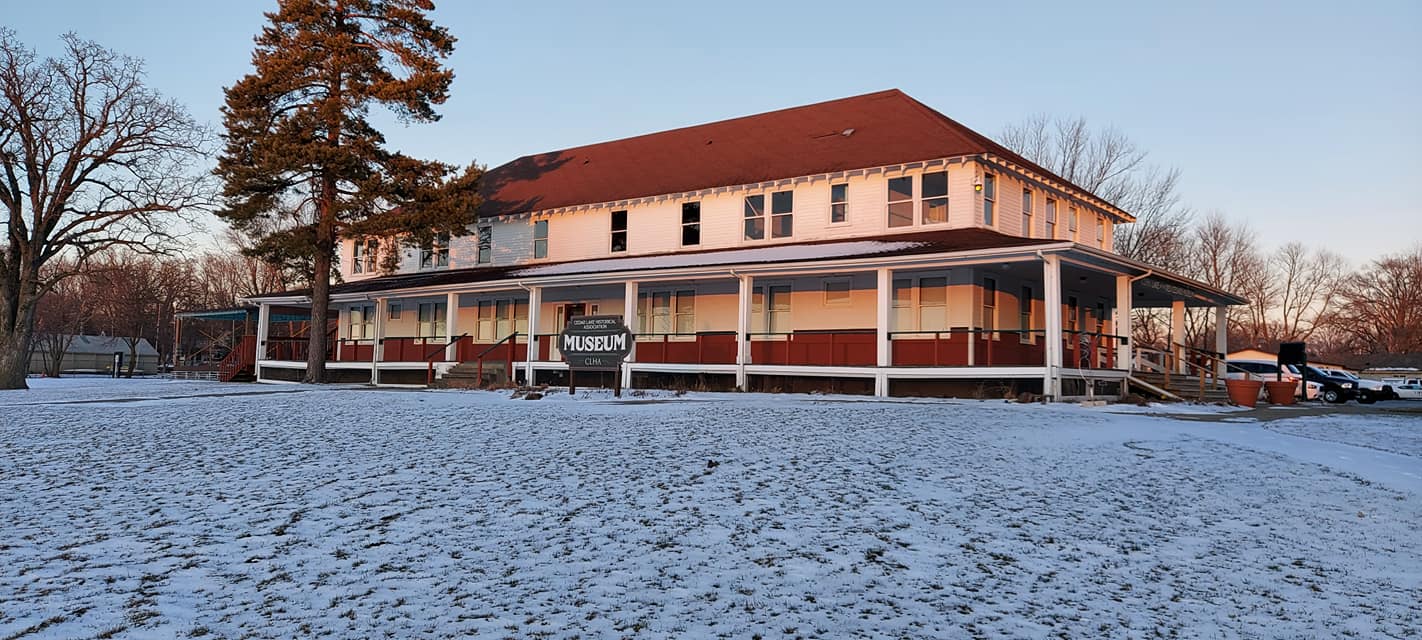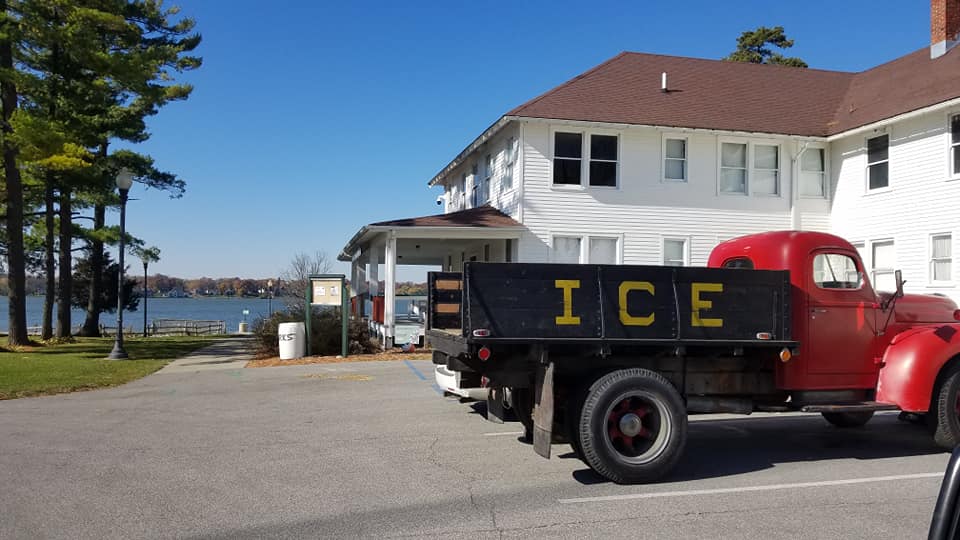
Purchase Tickets
Cedar Lake Historical Association Uses Heritage Support Grants to Grow, Expand Mission
February 9, 2021

This post is based on an interview between Bryce Gorman, fundraising educator for Local History Services, and Julie Zasada, executive director of the Cedar Lake Historical Association for 13 years. Through the hard work of Julie and her board, CLHA has received eight Heritage Support Grants. Heritage Support Grants, made possible by Lilly Endowment, Inc., support Indiana’s local history organizations to meet high priority needs in areas of collections stewardship, DEAI, sustainability and planning.
Cedar Lake is a small Indiana community surrounding a beautiful glacial lake. The development of the Monon Railroad made the area a popular resort spot for Chicagoans. Like many Indiana communities, people in Cedar Lake are proud of their local history. However, the Cedar Lake Historical Association found many of their guests would visit once, look through the vignettes, and never return. That started to change when they found the Indiana Historical Society’s Heritage Support Grant program.
Zasada will quickly tell people how the grant program changed everything. In the summer of 2016, she spoke to Tamara Hemmerlein, Director of Local History Services, to discuss the Heritage Support Grant program. They started to talk about the big picture.
Tamara, according to Julie, “taught me how to use HSG to set our vision into motion.” The first Heritage Support Grants they received were baby steps: structural engineering designs, relocating the archival library, and planning for a larger capital campaign. Julie noted that, “The capital campaign elevated our status. We started asking for feedback. Local businesses started to view us as a nonprofit with a mission.”

Photo courtesy of Cedar Lake Historical Association.
Jumping off from the launch of the campaign, Julie and the CLHA board sent out their first annual appeal, which morphed into three appeals a year. Cedar Lake was able to work with a local community foundation to fund redesign plans, moving away from their vignettes. They had a consultant come in with fresh eyes. The consultant asked about the significant stories of Cedar Lake, and what stories are not being told. Most importantly to Julie, he asked, “Why should I care about Cedar Lake history?”
Taking the consultant’s words to heart, Cedar Lake used that plan to successfully apply for a $47,600 Heritage Support Grant in 2020 for an exhibit gallery reinterpretation. Julie explained that, “Now, it starts with a story. We’re re-theming the space to harken back to the original resort hotel with reimagined experiences. There will be hands-on components in each room that appeals to large audience.”
While the project will not be completed until late spring of 2021, Julie was able to take guests through some of the finished spaces. She noted that one of the exhibits, “creates a physical reaction. It feels like a real museum now.”
When asked what advice Julie would give to organizations thinking of applying, Julie offered, “No other grant program offers a grant coach and provides a logic model. Their Logic Model was a game-changer. I got so much more than money. I was stuck on a grant application and brought out [the HSG] logic model. It helped me build my case with other funders. It’s so easy to get stuck on ‘I want money.’ The model helps you answer why.”









